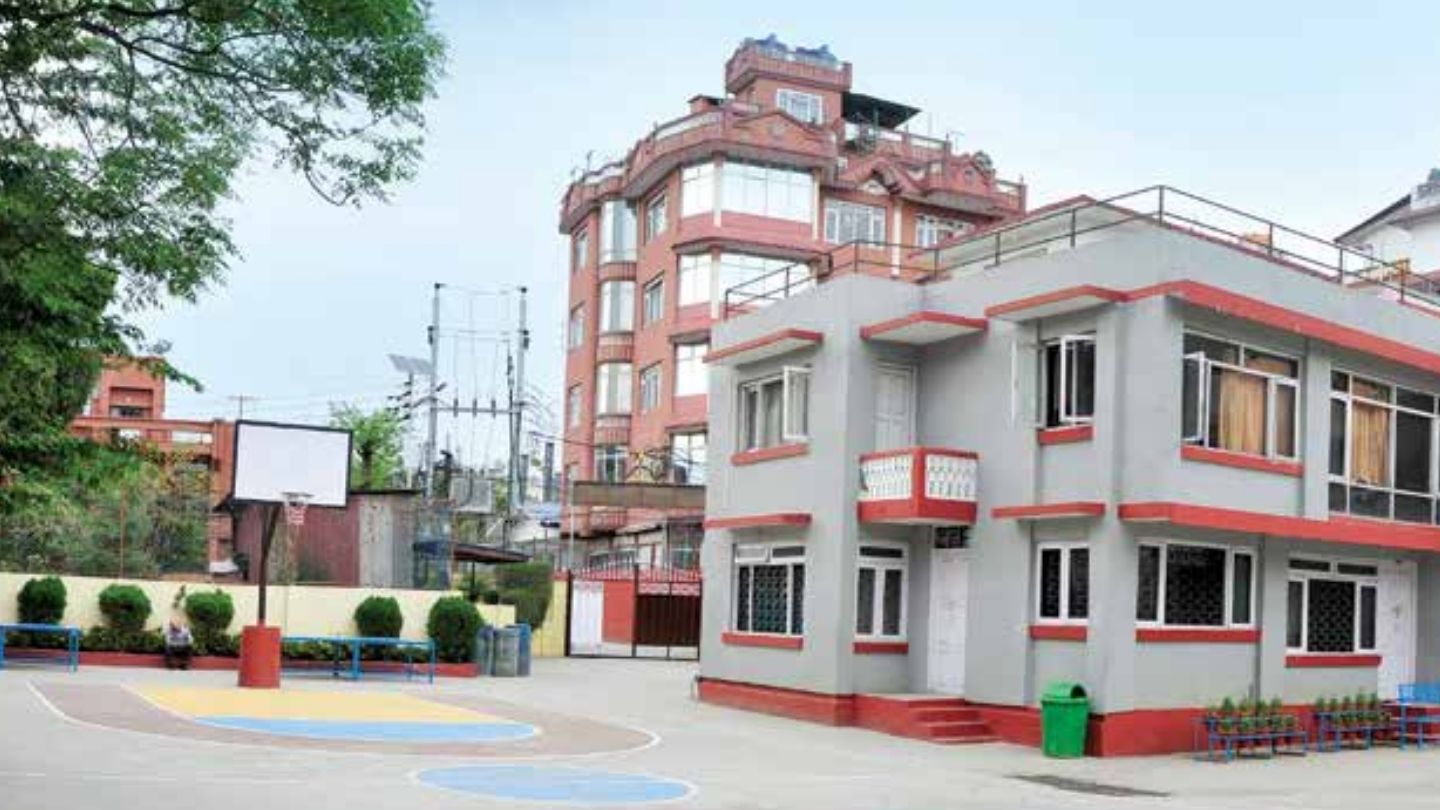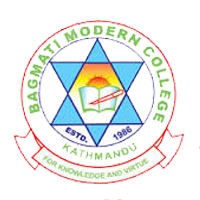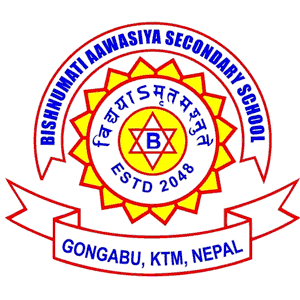Overview
Ten Plus Two (+2) Science at Trinity International College, Dillibazar
Ten Plus Two (+2) Science at Trinity International College, Dillibazar, Kathmandu, follows the National Examinations Board (NEB) curriculum. Students study core science subjects with practical components and scheduled internal assessments. External board examinations are conducted by NEB as per the national calendar.
The stream suits students planning medicine, engineering, computing, biosciences, or other science-linked fields. Subject combinations are finalized each intake to match university prerequisites and timetable feasibility. Class routines balance theory, laboratories, tutorials, and progress reviews.

Highlights
-
Affiliation: NEB (+2 Science)
-
Location: Dillibazar Height, Kathmandu
-
Duration: Two academic years (Grade XI and XII)
-
Core Study Areas: Physics, Chemistry, Biology/Computer Science, Mathematics, English
-
Assessment: Internal tests and practicals; external NEB board exams
-
College Context: Lab schedules, safety briefings, experiment logs, counseling, and result meetings on campus
Curriculum Details
Structure and Study Pattern
Grade XI builds the base in Physics, Chemistry, Mathematics, and either Biology or Computer Science, along with English. Grade XII advances the same tracks and concludes with board examinations and practical assessments. Syllabuses specify learning objectives, experiment lists, and paper structures.
Teachers sequence topics into short segments followed by guided practice. Lab sessions include demonstration, observation sheets, error handling, and viva. Students record independent study hours to maintain pace across terms.
Typical Subject Combinations
-
Pre-Medical: Physics, Chemistry, Biology, Mathematics/English as per NEB structure
-
Pre-Engineering/Computing: Physics, Chemistry, Mathematics, Computer Science
-
Life Sciences: Physics, Chemistry, Biology, Mathematics
Combinations may vary by intake.
Students select subjects after counseling to match target bachelor programs and aptitude.
Internal Monitoring and Board Alignment
-
Internal: Unit tests, terminal exams, lab notebooks, and attendance checks
-
Board: NEB practicals and written examinations as scheduled
-
Feedback: Marking discussions after tests; target sheets issued before boards
Objectives
-
Build conceptual clarity in Physics, Chemistry, Biology/Computer Science, and Mathematics.
-
Develop laboratory discipline: observation, measurement, and data presentation.
-
Prepare students for bachelor-level study that requires scientific method and quantitative reasoning.
Scope
+2 Science results support applications to medicine, engineering, BSc CSIT, BCA (where eligible), pharmacy, agriculture, environmental science, and allied fields. Students planning competitive entrances align subjects and revision plans with university or national testing formats.
Learning Outcomes
-
Explain theories, models, and principles across core sciences and mathematics.
-
Conduct experiments with control of variables, safety, and accurate measurements.
-
Analyze data using appropriate units, significant figures, graphs, and reasoning.
-
Write clear solutions for structured and extended questions within time limits.
-
Reflect on experimental limitations and suggest improvements.
Skill Development Modules
-
Laboratory Skills: Apparatus setup, calibration, observation logs, and risk control
-
Quantitative Reasoning: Algebra, trigonometry, calculus basics, vectors, statistics
-
Scientific Communication: Diagrams, equations, chemical notation, biological sketches
-
Problem-Solving: Multistep physics/chemistry calculations and biology data analysis
-
Exam Technique: Time budgeting, command terms, and answer structuring
Teaching Methodology
Classes run with short theory blocks, problem classes, and practical sessions. Demonstrations precede small-group experiments under supervision. Past-paper clinics model full solutions and marking logic. Counseling and parent meetings keep preparation aligned with goals.
Admission Requirements
-
Academic Eligibility: SEE or equivalent secondary qualification recognized for NEB Science
-
College Steps: Application form, document verification, placement test or interview as announced, offer letter, and enrollment within the stated window
-
Subject Selection: Counseling to match combinations with university prerequisites and student strengths
Applicants prepare transcripts, character and migration certificates (if applicable), photographs, and identification for verification.
Scholarship applicants attach required documents within the published deadline.
Career Opportunities
+2 Science graduates proceed to bachelor programs in medicine, engineering, computing, biosciences, pharmacy, agriculture, and environmental studies. Early internships and campus activities during bachelor study use skills acquired in labs, mathematics, and problem-solving.
Scholarships and Financial Aid
-
Entry-Based: GPA/grade-linked awards at admission where published for the session
-
Progress-Based: Provisions tied to internal results, practical conduct, and attendance as per current rules
-
Documentation: Scholarship forms with supporting evidence submitted within the stated window
Exact categories and seat limits are announced each intake.
Why Choose This Course?
The +2 Science route blends classroom learning, supervised practicals, and timed tests. Past-paper exposure and lab training support readiness for board examinations and university labs. On-campus processes—scheduling, safety, feedback—help you maintain steady progress across two years.
Conclusion
Ten Plus Two (+2) Science at Trinity International College offers a clear pathway for students targeting science-based bachelor programs. The program combines theory, practical work, and scheduled assessments with guidance that aligns preparation to NEB requirements and future study plans.
FAQ
How many subjects are common to all +2 Science students?
Physics, Chemistry, Mathematics, English, and either Biology or Computer Science, based on the chosen track.
Do all sciences require practical work?
Subjects with practical components include supervised experiments and record keeping.
Can I switch from Biology to Computer Science later?
Limited changes may be possible early in the term if timetables and prerequisites permit.
How often are internal tests held?
Unit tests and terminal exams run through the year to track progress before boards.
What if I plan for medicine?
Select Biology and Chemistry, keep Mathematics strong, and review current medical entrance formats for timing and content.























